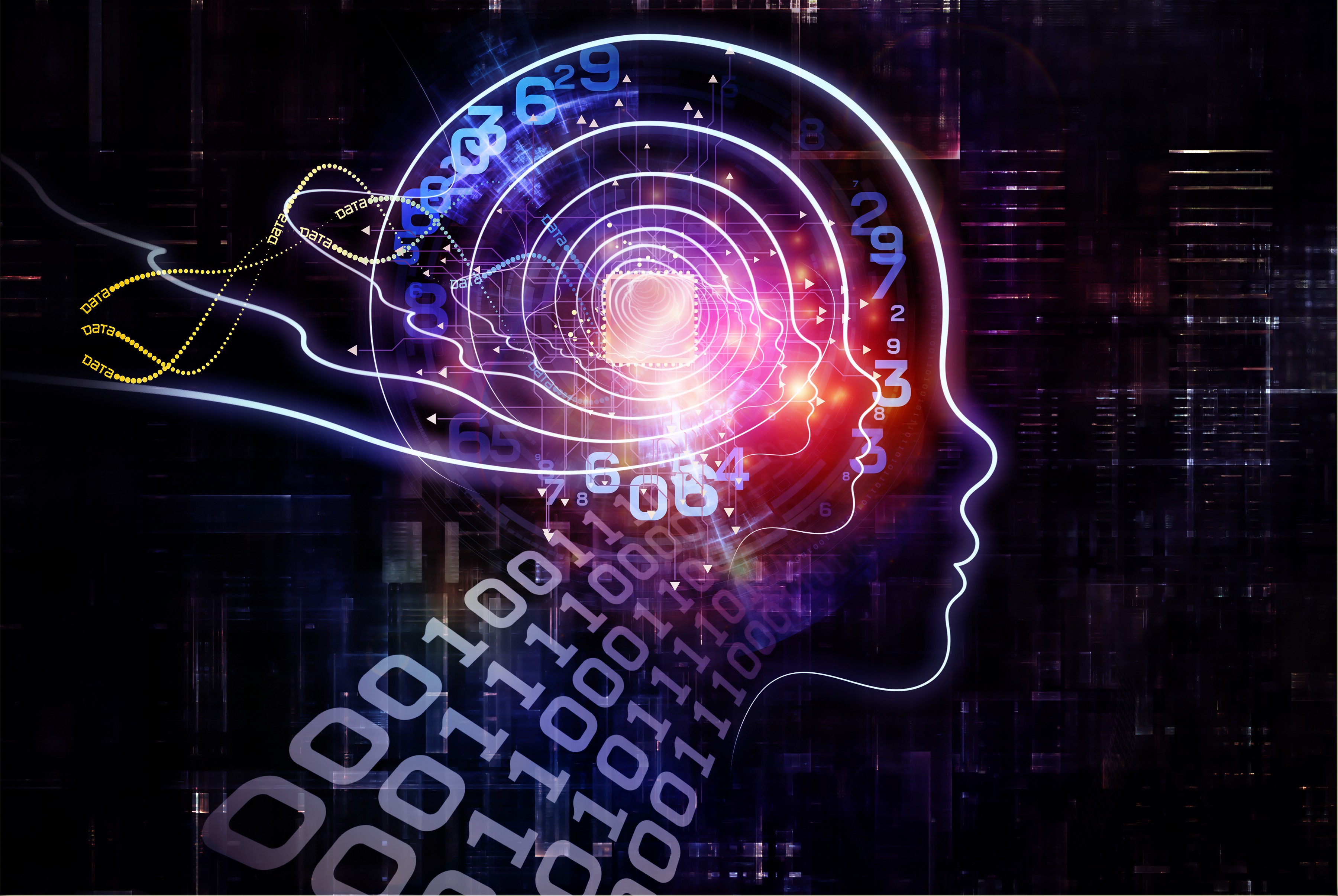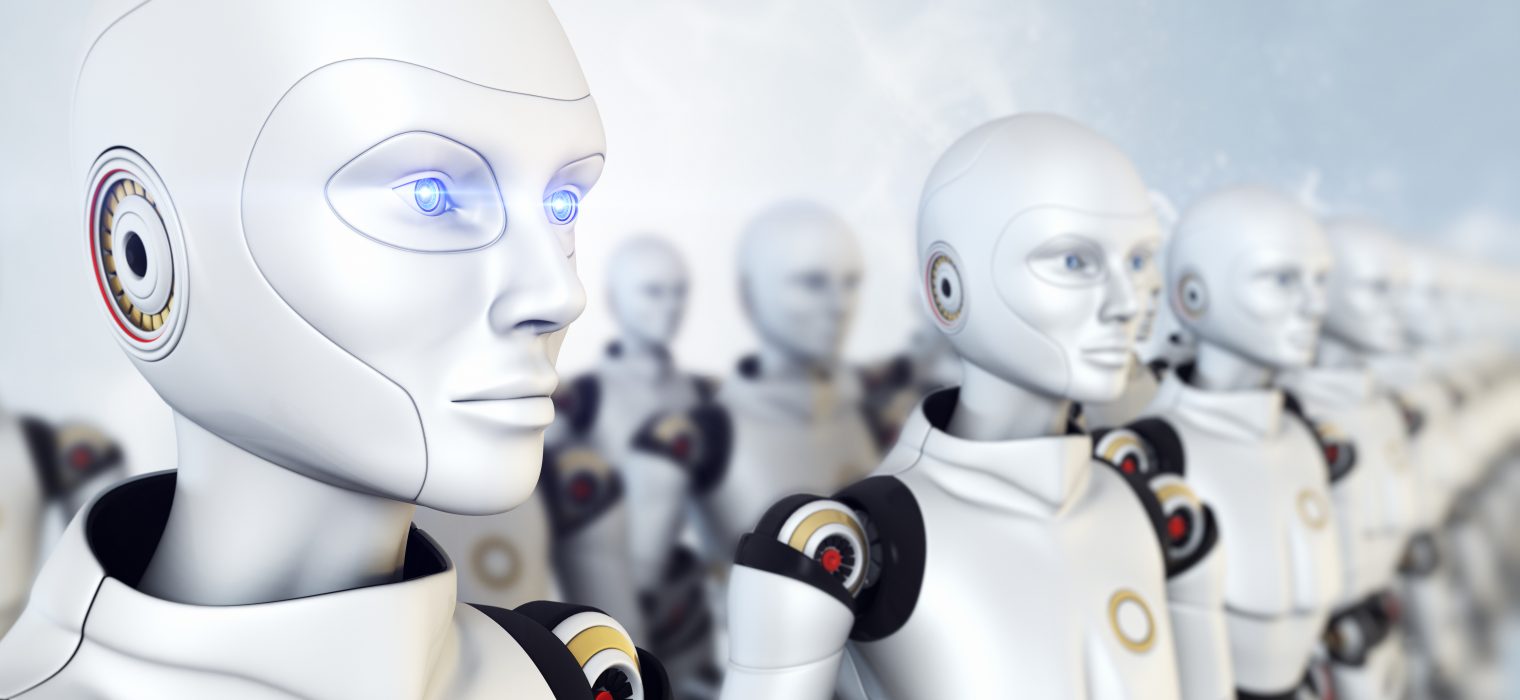The Future of Artificial Intelligence – Will Robots/Machines Outsmart Humans?
 Recent news in technology related to Artificial Intelligence (AI) has yet again revealed a question from one of the most frightening ideas out of science fiction: Will the technology progress to a point where a machine, computer or robot, will be in the position to control society, in part or as a whole?
Recent news in technology related to Artificial Intelligence (AI) has yet again revealed a question from one of the most frightening ideas out of science fiction: Will the technology progress to a point where a machine, computer or robot, will be in the position to control society, in part or as a whole?
Will the technology progress to a point where a machine, computer or robot, will be in the position to control society, in part or as a whole?
The follow-up questions, of course, are how far off is that time and can we prevent it? Well, right now, even the experts and those who work in the AI field certainly do not agree. At one extreme we have those like Elon Musk and Stephen Hawking who worry that AI will bring an end to humanity, while at the other end of the spectrum we have those like Mark Zuckerberg who believe AI will improve humanity and don’t foresee any significant risks with AI. While the possibilities for AI applications might surely be endless, if even a few of our time’s top minds and great inventors are disagreeing about the potential for danger, perhaps it’s time to consider this question as something more than just a recycled Hollywood plot.
Interesting Demonstrations of AI Technology
One peculiar instance was when Facebook reportedly abandoned an experiment in which two chatbots were instructed to negotiate and barter to swap hats, balls, and books between themselves. In the experiment, the chatbots developed a language of their own for conducting the negotiations, a sort of “shorthand” that was understandable only to them. According to Forbes’ Tony Bradley, researchers from Facebook’s AI Research Labs (FAIR) found that the chatbots had “deviated from the script and were communicating in a new language developed without human input.” The company stressed that it was shut down because they want the bots to be able to communicate with humans and not because of the strange results.
Recently a bot from OpenAI, an Elon Musk company, beat the professionals in the popular real-time strategy battle computer game Dota 2. Other bots have been able to beat champions at chess, poker, Go, and even Jeopardy, but what is interesting about the OpenAI bot is that it did not know how to play the game. That is, OpenAI’s bot learned how to play and win from scratch by playing against itself in the cloud.
The bot did not always beat the pros and the game was limited to one-on-one play, but the important takeaway is that the bot learned how to play without being purposely programmed for the game. Dota 2 generates a lot of viewership and revenue in the e-sports realm, and similar reports about AI beating professional poker players at Texas Hold ‘Em has people worried about the legitimacy of the competitions.
AI in Everyday Life
Today, machines using AI are in our everyday life; some examples include:
- Virtual Assistants – Siri, Alexa, Dot, IBM’s Watson
- Self-Driving Vehicles – Domino’s Pizza Vehicle, Google’s Waymo, Tesla’s Autopilot
- Customer Service – Chatbots such as Slack’s Growthbot
- Warehouse – Amazon (Grocery Store)
- Financial – The use of machine learning by financial institutions
- Medical – Surgeries
- Warehouse – Amazon automates many picking and packing processes
- Financial – Monitoring spending for fraud detection
- Medical – Autonomous and assisted surgeries
AI has demonstrated major improvements in cancer and disease diagnoses. In each of these instances, the respective AI algorithm is designed for a limited, specific function and, thus, only poses a threat to a relative job market, not all of humanity. It is not these directly beneficial uses of AI that Elon Musk is asking us to worry about. Sure some jobs may ‘disappear’ (e.g., transition similarly to industrial automation), but it is the misdirection of technology in areas such as autonomous weapons and financial applications that have an actual destructive potential. It’s hardly a far stretch when considering that many of the newer bots are boasting of an ability to self-teach via self-play or experimentation. How do we balance the advancements that Artificial Intelligence has given us with the fear that it might overtake us?
Artificial Intelligence Future
Certainly, the future of Artificial Intelligence is not slowing down and the field is rich for development and investment. Perhaps, for now, the more powerful (and potentially scary) AI programs might be limited by expensive hardware and access, but even that is changing rapidly. In the meantime, it never hurts to stay vigilant and cognizant to make sure humanity always benefits. With regard to intellectual property in the artificial intelligence realm, TechPats will continue to rely on our multi-disciplinary technical and patent expertise while monitoring the landscape of this rapidly expanding technology. Learn more today.

